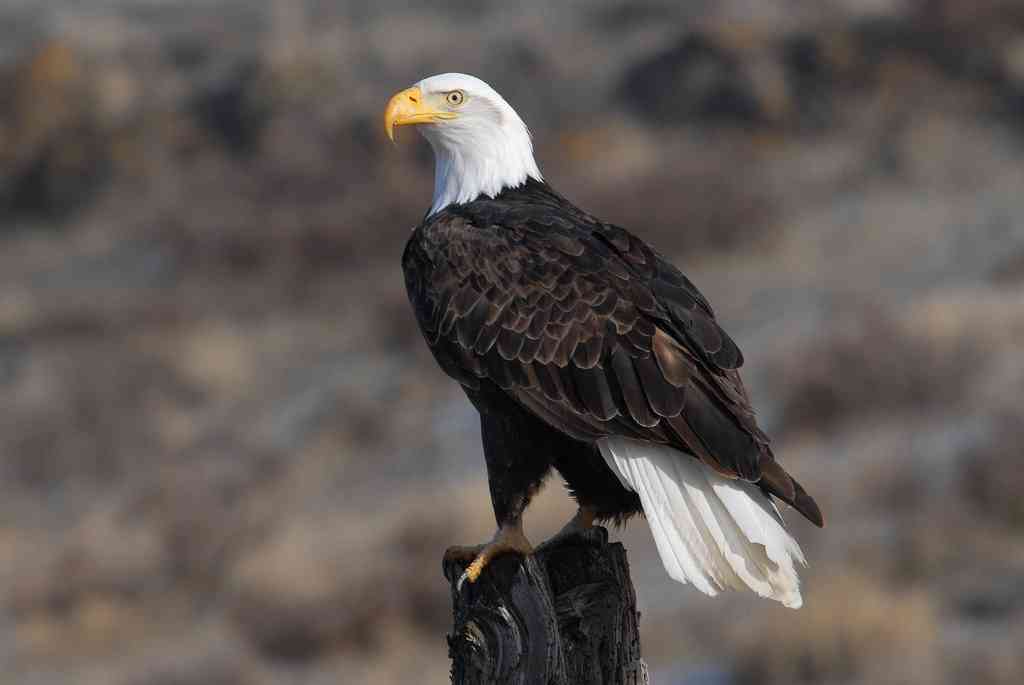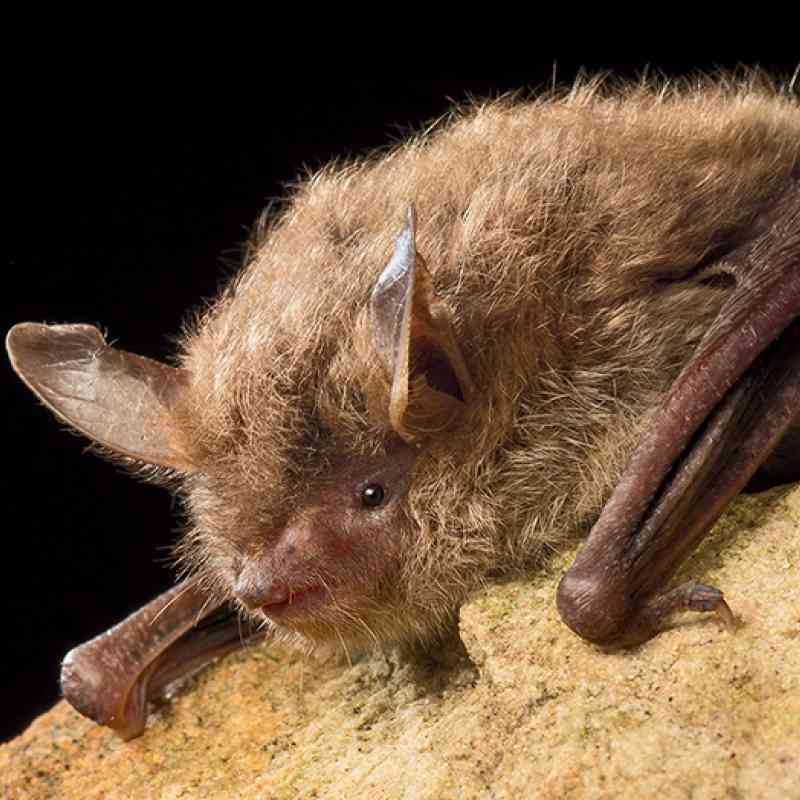WASHINGTON (August 2, 2017) – A new report released by the U.C. Irvine School of Law Center for Land, Environment, and Natural Resources, (CLEANR) finds that states do not have sufficient laws or resources to adequately protect endangered species.
The new report, The Limitations of State Laws and Resources for Endangered Species Protections, comes amid new calls in Congress to dismantle, “invalidate” or “modernize” the Endangered Species Act (ESA), including calls to transfer federal authority for endangered wildlife to the individual states.
Statement from Defenders of Wildlife President and CEO, Jamie Rappaport Clark:
“This new report by U.C. Irvine School of Law demonstrates that states simply do not have the legal authority or the resources to take on the federal government’s crucial role in conserving endangered species.
“The Endangered Species Act has helped prevent more than 99 percent of listed species from going extinct. This is a law that works, protecting wildlife such as the bald eagle, the Florida manatee and Mexican gray wolves from extinction.
“Yet Congress is attempting to roll back our nation’s most effective wildlife conservation law with legislation that subverts federal protections in favor of weaker state authority. According to the U.C. report, only 4 percent of states have substantial authority to promote recovery of endangered species and only 10 percent of states have significant habitat safeguards. Wyoming and West Virginia – home to endangered black-footed ferrets and bats, respectively – don’t even have endangered species laws.
“Though the Endangered Species Act recognizes the importance of close cooperation with the states, if the Act’s responsibilities were simply turned over to the states, our nation’s natural heritage would be in mortal danger. Piecemeal efforts might work for making a quilt, but they are certainly not enough to protect our wildlife.”
Defenders of Wildlife is celebrating 75 years of protecting all native animals and plants in their natural communities. With a nationwide network of nearly 2.2 million members and activists, Defenders of Wildlife is a leading advocate for innovative solutions to safeguard our wildlife heritage for generations to come. For more information, visit defenders.org/newsroom and follow us on Twitter @Defenders.


